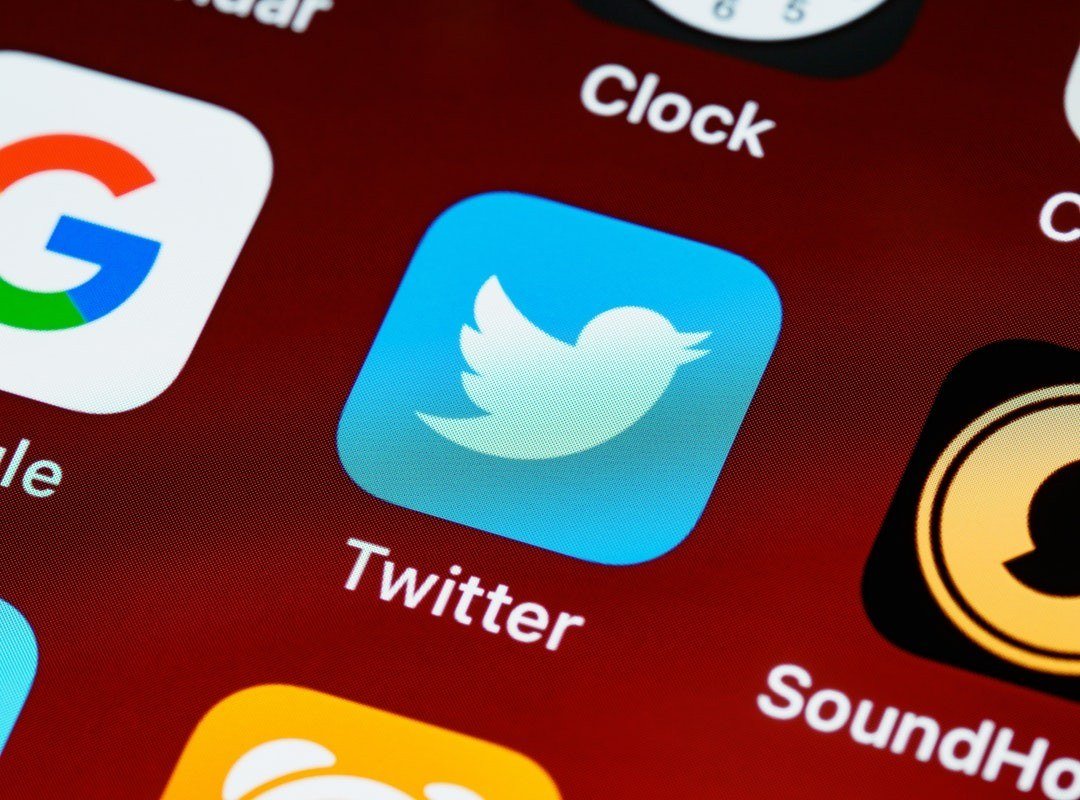Nowadays, healthcare mobile apps have become revolutionary in the way we approach our well-being. If you’re wondering how to develop a secure healthcare app, it’s essential to understand the intricacies involved. When embarking on healthcare mobile apps development, there are crucial factors to consider, such as ensuring user safety, adhering to regulations, and providing a seamless user experience. In this article, we have highlighted how to develop a secure healthcare app and the security and legal aspects that one must consider.
To develop a secure healthcare app, legal and ethical considerations are critical to navigate to ensure that the apps are both compliant with laws and operate within moral boundaries. Legally, developers must adhere to stringent data protection regulations such as HIPAA in the United States, which safeguards patient information privacy, and GDPR in Europe, which sets guidelines for data collection and use. Ethically, it is essential for developers to consider issues such as user consent, where users fully understand and agree to how their data will be used; transparency, ensuring users are aware of the app’s functionalities and data handling practices; and equity, making sure the app does not discriminate against any user groups. Maintaining the accuracy of health information and preventing any form of data manipulation is vital to upholding the integrity of healthcare decisions supported by these apps. Addressing these concerns diligently helps build user trust and facilitates the wider adoption of healthcare applications.
1. How to build a healthcare app that is “safe and sound”?
When building a health app, ensuring user safety and adhering to regulations should be a top priority. The answer to how to develop a secure healthcare app lies in the points mentioned below.
- Conduct complete research and consult with healthcare professionals, legal experts, and regulatory bodies to understand the relevant guidelines and requirements for building a health app in your target market.
- Another crucial point to answer how to develop a secure healthcare app is to add strong data security measures, such as encryption and secure authentication protocols, to protect sensitive user information and comply with data privacy laws.
- Ensure that any medical advice or recommendations provided within the app are scientifically accurate and approved by licensed healthcare professionals.
- Clearly communicate the app’s intended use, limitations, and potential risks to users, ensuring transparency and informed decision-making.
- Incorporate user feedback mechanisms and implement a rigorous testing process to identify and address any potential safety concerns or usability issues before and after the app’s launch.
- Regularly revise the app to address security vulnerabilities, incorporate new medical guidelines, and enhance user experience based on feedback and industry best practices.
- One of the most important points to understand how to develop a secure healthcare app is to consider obtaining relevant certifications or approvals from regulatory bodies, such as the FDA or EMA, especially if you are creating a medical app that qualifies as a medical device.
2. Which are the biggest regulators that you should pay attention to to develop a secure healthcare application?
The answer to how to build a secure healthcare app is to be aware of and comply with the restrictions set forth by relevant regulatory bodies. While the specific regulators may vary depending on the region or country where you plan to launch your app, here are some of the biggest regulators you should pay attention to:
- Food and Drug Administration (FDA): The FDA is a critical regulator for app developers operating in the United States. They have established guidelines and regulations for mobile medical apps, particularly those that qualify as medical devices or offer diagnostic or treatment capabilities. If you want to understand how to develop a secure healthcare app then you must know about FDA and other regulatory bodies.
- European Medicines Agency (EMA): The EMA is responsible for regulating medical apps and digital health technologies within the European Union. It assesses the safety, quality, and efficacy of these apps and ensures they meet the necessary standards. You must know about this if you want to know how to develop a secure healthcare app.
- Medicines and Healthcare Products Regulatory Agency (MHRA): In the UK, the MHRA oversees the regulation of healthcare apps, including those that fall under the category of medical devices.
- Health Canada: If you plan to launch your healthcare app in Canada, you must comply with the regulations set by Health Canada. They regulate medical devices, including apps, and ensure their safety and effectiveness. To learn how to develop a secure healthcare app, one must adhere to the security protocols and abide by the regulations framed by the regulatory bodies.
- Therapeutic Goods Administration (TGA): For healthcare app developers targeting the Australian market, the TGA is the regulatory body responsible for evaluating the safety, quality, and performance of medical devices, including apps.
- Pharmaceuticals and Medical Devices Agency (PMDA): PMDA is the authority that regulates healthcare apps classified as medical devices in Japan, ensuring they meet the necessary safety and effectiveness standards.
- General Data Protection Regulation (GDPR): While not a specific regulator, the GDPR is a prime regulation that governs data privacy and protection within the European Union. Any healthcare app handling personal data must comply with GDPR requirements.
- Health Insurance Portability and Accountability Act (HIPAA): Compliance with HIPAA regulations is essential for healthcare apps operating in the United States and handling protected health information (PHI).
As the demand for healthcare mobile apps continues to grow, it is crucial to understand how to develop a secure healthcare app. Read our blog on MOBILE APP MARKETING: HOW TO INCREASE THE VISIBILITY OF YOUR APP to get an in-depth understanding about the ways using which you can market your mobile application. Understanding the process of building a medical app becomes increasingly important. By prioritizing user safety, adhering to regulations set forth by relevant authorities, and staying updated with the latest industry guidelines, developers can navigate the complexities of healthcare mobile app development and create innovative solutions that improve overall well-being while meeting regulatory requirements. Here, you can find very useful information about finding reliable software developers in the medical field.








